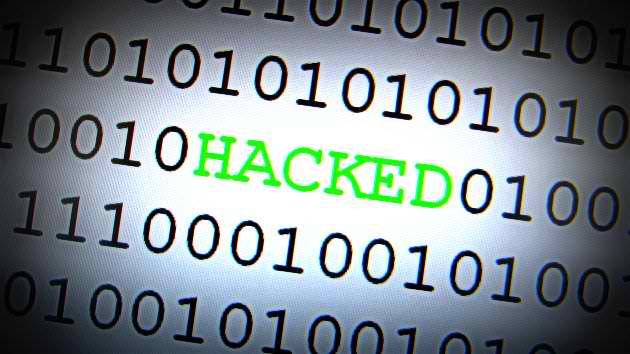
In the digital age, unauthorized access of a computer network poses significant threats to cybersecurity and personal privacy. As a Florida DUI lawyer would emphasize in legal contexts, understanding the complexities of unauthorized access is crucial. Let’s delve into the intricacies of this issue to get florida dui lawyer.
- Introduction to Unauthorized Access of a Computer Network
Definition and Scope
Unauthorized access refers to the act of gaining entry to a computer system, network, or data repository without explicit permission from the system owner or administrator. This unauthorized intrusion can compromise sensitive information and disrupt system operations.
Types of Unauthorized Access
Unauthorized access can take various forms, including hacking, phishing, and exploitation of software vulnerabilities. Each method poses unique challenges to network security and requires tailored preventive measures.
Legal Ramifications
Unauthorized access is a serious offense under both federal and state laws, with potential criminal and civil penalties. Individuals found guilty of unauthorized access may face fines, imprisonment, and civil lawsuits seeking damages for data breaches and privacy violations.
II. Common Methods of Unauthorized Access
Phishing Attacks
Phishing attacks involve the use of deceptive emails, messages, or websites to trick users into revealing sensitive information such as passwords or financial data. These attacks rely on social engineering techniques to manipulate victims into disclosing confidential information.
Exploiting Software Vulnerabilities
Cybercriminals exploit vulnerabilities in software applications and operating systems to gain unauthorized access to computer networks. By identifying and exploiting security flaws, attackers can bypass authentication mechanisms and gain control over targeted systems.
Password Cracking
Password cracking techniques involve using specialized software tools to guess or decrypt passwords used to secure computer systems or accounts. Attackers may employ brute-force attacks, dictionary attacks, or rainbow table attacks to crack passwords and gain unauthorized access.
III. Legal Framework and Penalties
Federal Laws on Unauthorized Access
The Computer Fraud and Abuse Act (CFAA) is the primary federal law addressing unauthorized access to computer systems and networks. The CFAA imposes criminal penalties for offenses such as unauthorized access, computer fraud, and trafficking in stolen passwords.
State Laws and Regulations
States may have their own laws and regulations governing unauthorized access to computer networks and data. In Florida, the Computer Crimes Act outlines offenses related to computer fraud, hacking, and unauthorized access, with provisions for prosecution and enforcement.
Civil Remedies and Liability
Victims of unauthorized access may pursue civil remedies, including lawsuits seeking damages for data breaches and privacy violations. Defendants found liable for unauthorized access may be ordered to pay compensatory and punitive damages to affected parties.
IV. Preventive Measures and Network Security
User Education and Awareness
Educating users about the risks of unauthorized access and teaching them to recognize phishing attempts and other cyber threats is essential for preventing unauthorized access incidents. Training programs and awareness campaigns can help users develop good cybersecurity practices.
Implementation of Security Measures
Deploying robust security measures such as firewalls, intrusion detection systems, and access controls can help safeguard computer networks against unauthorized access. Encryption technologies and multi-factor authentication can further enhance security posture.
Regular Security Audits and Updates
Conducting regular security audits and vulnerability assessments allows organizations to identify and address potential weaknesses in their network defenses. Prompt installation of software updates and security patches helps mitigate known vulnerabilities and reduce the risk of unauthorized access.
V. Conclusion
Unauthorized access of computer networks poses serious threats to cybersecurity and personal privacy. By understanding the methods of unauthorized access, the legal framework governing such activities, and implementing robust security measures, organizations can better protect their networks and sensitive data. Additionally, seeking guidance from a knowledgeable Florida DUI lawyer can provide legal assistance in cases involving unauthorized access and data breaches, ensuring that individuals receive proper legal representation and defense. It is imperative for individuals and organizations alike to prioritize cybersecurity and take proactive steps to mitigate the risks posed by unauthorized access.


